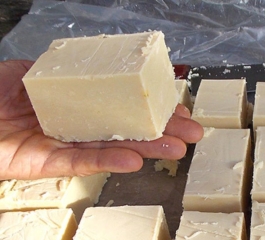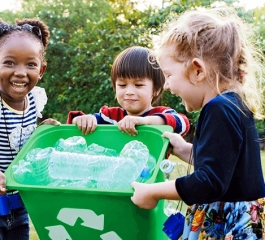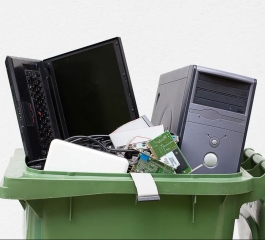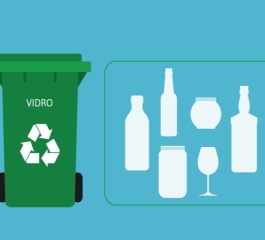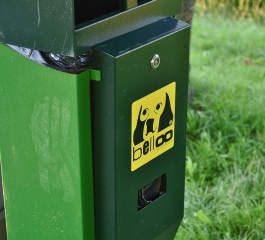Producing less waste is a very important way to contribute to the preservation of the environment. Here are some up-to-date and relevant tips to help your family reduce the amount of waste produced:
1. Refuse disposable items:
Avoid buying single-use items such as plastic cutlery, disposable cups and plastic bags. Opt for reusable alternatives like metal cutlery, glass cups and reusable cloth bags.
2. Buy in bulk:
Buying food in bulk reduces the amount of plastic packaging. Bring your own reusable cloth bags or containers when shopping.
3. Prefer products with sustainable packaging:
Look for products with packaging made from recyclable or biodegradable materials. Avoid excessive or plastic packaging whenever possible.
4. Make compost:
Separate food scraps and other organic materials to create a compost bin at home. The compost produced can be used as fertilizer for plants and reduces the amount of waste going to landfills.
5. Please recycle correctly:
Know your local recycling rules and be sure to properly separate your recyclables. This can include plastics, glass, paper and metals.
Make sure the packaging is clean and dry before placing it in the recycling bin.
6. Avoid food waste:
Plan your meals and buy only what you need. Store food correctly to avoid waste. If you have food left over, consider donating it or using it to make new meals.
7. Reuse materials:
Before you throw something away, ask yourself if it can be reused in any way. For example, glass jars can be reused to store food or make crafts.
8. Opt for durable products:
When buying appliances, furniture and other items, choose quality products that have a longer shelf life.
This reduces the need for frequent replacement and decreases the amount of waste generated.
9. Build a vegetable garden or garden:
Growing your own fruits, vegetables and herbs is a great way to reduce the amount of packaged food you have to buy.
Plus, it can be a fun and educational family project.
10. Educate yourself and share knowledge:
Stay informed about waste reduction practices and share this information with your family and friends.
Small habit changes can make a big difference when it comes to reducing the amount of waste produced.
Remember that this is not an instant radical change, but small daily actions that can help significantly reduce the amount of waste produced by your family.
Start by implementing one or two tips at a time, and gradually make them part of the family routine.
Environmental benefits
See now the biggest benefits to the environment when we produce less waste.
Reduction in the consumption of disposable materials.
By opting for reusable utensils, packaging and products, the family produces less waste and contributes to reducing the extraction of natural resources.
Lower demand for landfills:
By reducing the amount of waste produced, the family contributes to reducing the amount of waste sent to landfills, helping to prolong the useful life of these places.
Decreased greenhouse gas emissions:
Many waste produced at home is composed of organic materials that, when disposed of incorrectly, end up generating polluting gases.
By producing less garbage, the family contributes to the reduction of these emissions.
Preservation of natural resources:
By adopting practices such as the reuse of materials and the correct separation of recyclable waste, the family contributes to reducing the need to extract raw materials and natural resources
Helping to preserve the environment.
Stimulating the circular economy:
By producing less waste, the family is joining the circular economy concept, which proposes the reduction, reuse and recycling of materials, avoiding the need to manufacture new products and minimizing environmental impacts.
Environmental education:
By adopting sustainable practices at home, the family is transmitting values and teaching its members about the importance of preserving the environment, contributing to the formation of an environmental awareness from an early age.

